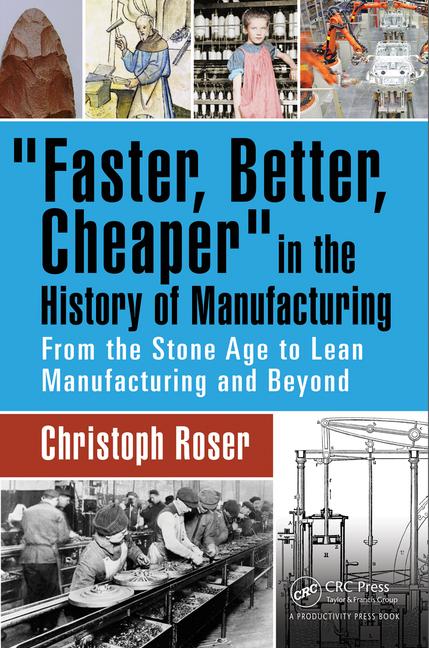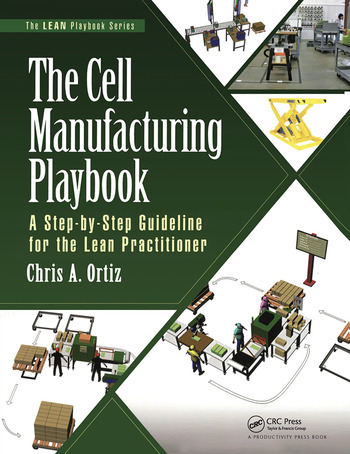The United States is far and away the world leader in R&D spending. In 2019, the U.S. spent $612.7 billion on R&D, more than any other country. We spent 19 percent more than China, four times more than Japan, five times more than Germany, and six times more than South Korea.
That’s great for U.S. universities and research institutions. But, when the time comes to turn new discoveries into marketable products, our manufacturing sector rarely gets to enjoy the fruits of all that R&D spending. One reason why is that there are few financing options to help build manufacturing capacity. Small- and midsized companies struggle to borrow the millions of dollars necessary to finance a new factory, especially if those loans take 10 or 20 years to pay out. Venture capital firms are more preoccupied with funding the next Facebook than the next Ford, and the big national banks aren’t too keen on funding projects with long time horizons. As a result, many U.S. manufacturers look overseas to make “the next big thing.”
Now, a group of moderate Democratic senators, led by Sen. Chris Coons of Delaware, has proposed chartering the Industrial Finance Corp. of the United States, a bank owned by the U.S. government that would fill the “manufacturing gap” and finance high-tech production nationwide.
The IFCUS would leverage $50 billion in capital to generate hundreds of billions of dollars of additional financing by working with private capital partners. It will have the authority to issue and guarantee loans, purchase equity stakes, issue bonds, acquire assets, create investment facilities and enterprise funds, and securitize its investments.
“This new investment in U.S. manufacturing will help create good jobs, rebuild key industries, and allow manufacturers to overcome barriers to funding so they can continue to lead the world in innovation,” predicts Sen. Coons. “By establishing [IFCUS], we will address gaps in our supply chain that have resulted in the offshoring of high-paying manufacturing jobs. Our international competitors—particularly China—have invested heavily in capturing the commercialization of the next-generation of critical technology. This bill responds by deploying strategic investments that amplify our own economy’s strengths and serve American workers.”
For example, let’s say a struggling steel producer wants to expand into climate-conscious markets by replacing its blast furnace with a high-tech electric arc furnace with lower emissions. Given its recent business challenges and the current market for steel, private investors would be skeptical about the short-term payoff of the pivot. Realizing the long-term potential of the project, the IFCUS would take an equity stake in the company to fund the capital investment.
IFCUS would work similarly to the U.S. International Development Finance Corp. (DFC), a bank that bipartisan majorities in Congress authorized in 2019. The DFC is charged with investing in development projects primarily in lower- and middle-income countries. In other words, the federal government is financing factories in other countries, but not our own.
The legislation has been endorsed by several organizations, including the Information Technology and Innovation Foundation; the National Defense Industrial Association; MForesight, a manufacturing advocacy organization; and The Engine, a private sector technology investment firm created by the Massachusetts Institute of Technology.
“For start-ups scaling up to commercial deployment, wherein technical risk has been removed but economic validation at scale has not yet occurred, the private capital market is failing,” says Katie Rae, managing partner and CEO of The Engine. “Without project finance or traditional private debt at this very critical stage, many of these companies will fail, or worse, be forced to go overseas for capital. IFCUS could fill this void without stepping on, or being redundant to, private capital.”
We think it’s a good idea, too. And why not? Other countries have such institutions. For example, the third-largest bank in Germany, the KfW, is a publicly owned development authority that lends to the manufacturing and clean-energy sectors. Originally known as Kreditanstalt für Wiederaufbau or Credit Institute for Reconstruction, the bank was created in 1948 as part of the Marshall Plan to help Germany rebuild after World War II. Today, the KfW has more than half a trillion euros in assets that it uses to bankroll small and medium-sized manufacturers, among other things.




